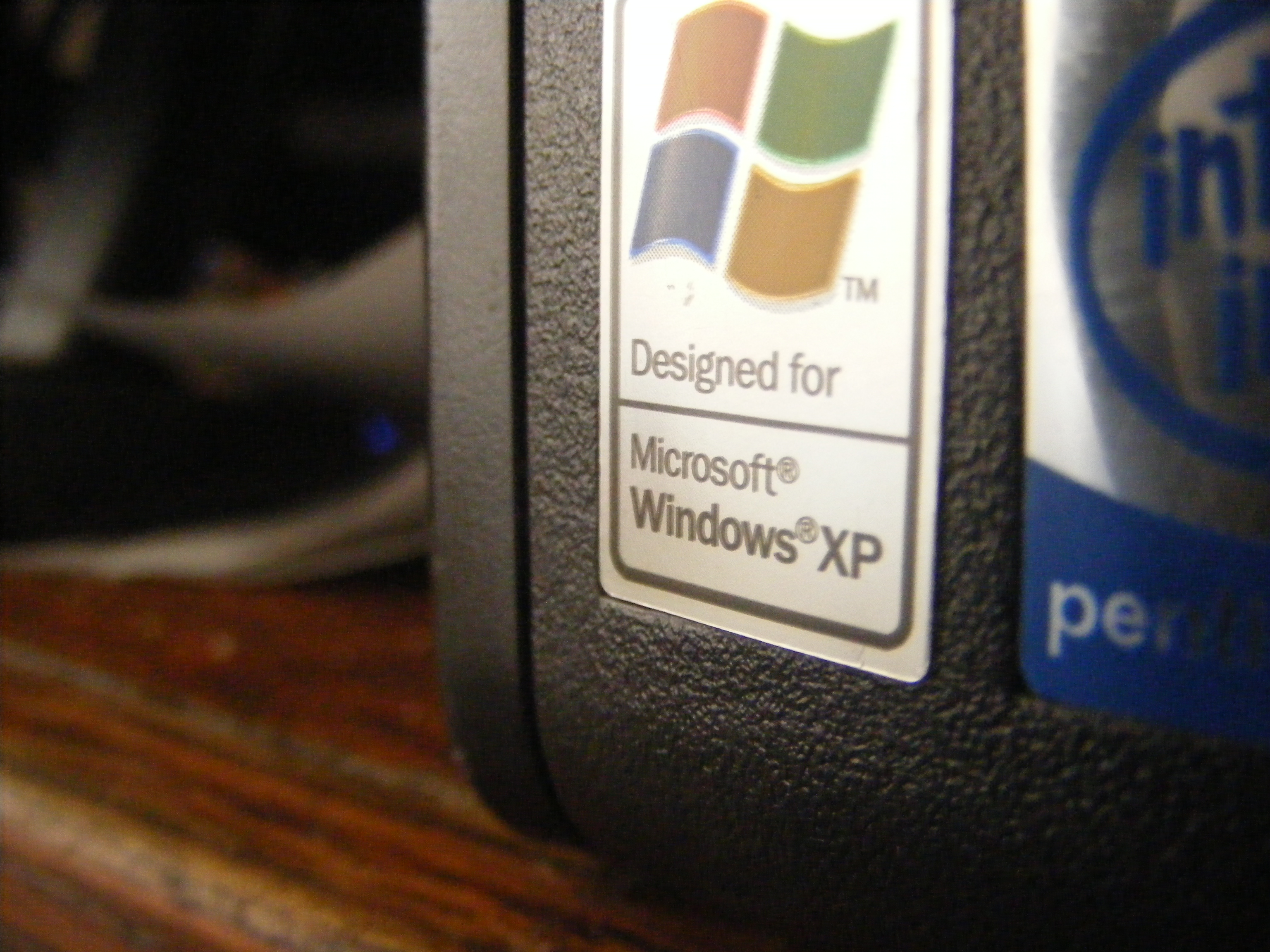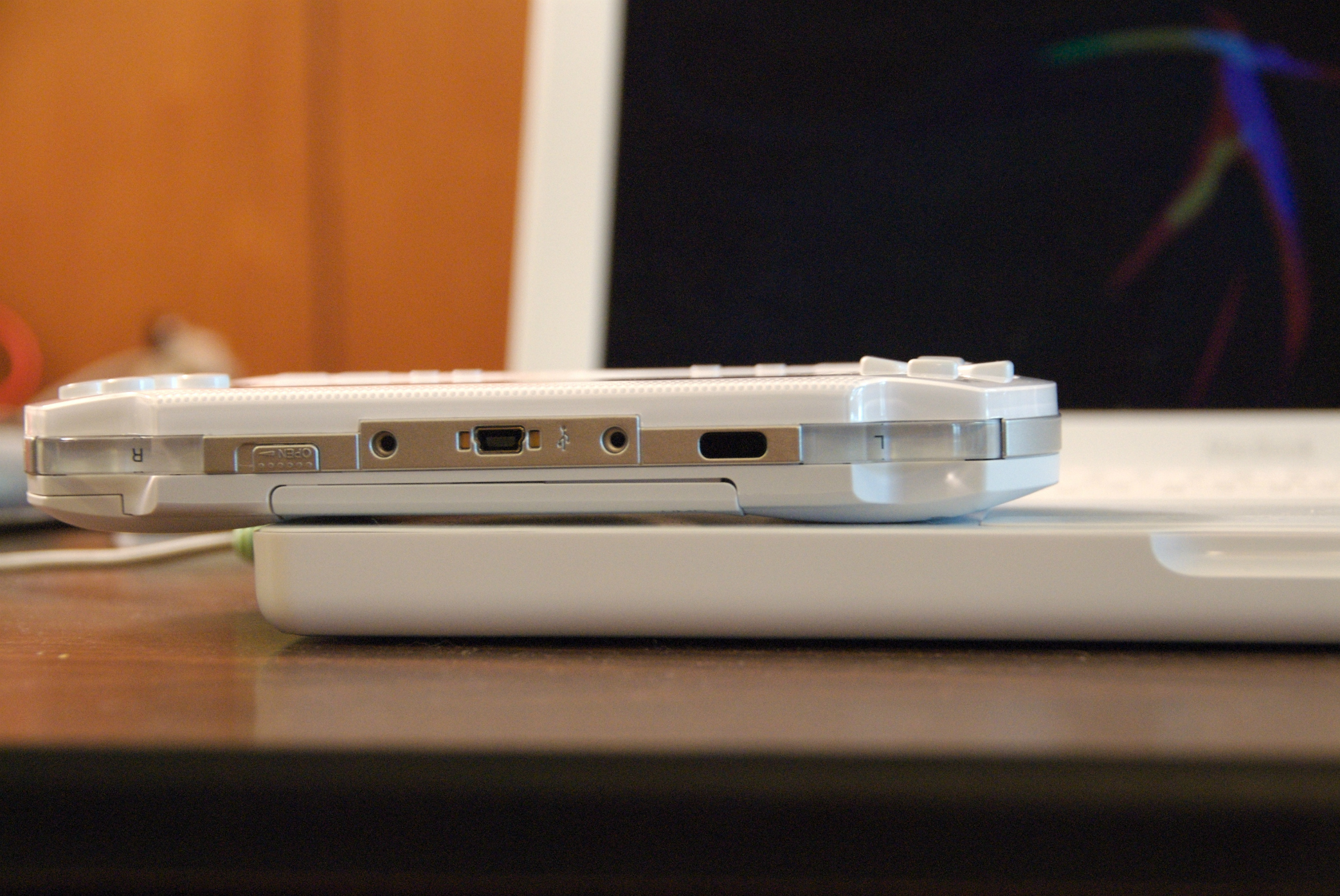How strange a story: Windows XP showing much stronger growth than Windows 8.x — Yes XP! Years ago someone inside Microsoft told me that O2, Oxygen, was one of the contenders for XP’s name. Given how […]


How strange a story: Windows XP showing much stronger growth than Windows 8.x — Yes XP! Years ago someone inside Microsoft told me that O2, Oxygen, was one of the contenders for XP’s name. Given how […]

This afternoon, Larry Seltzer forwarded a link to InfoWorld story “Microsoft’s Looming Windows 7 Licensing ‘Disaster’ for XP Users.” Yeah? This story is a hissy fit over nothing. Galen Gruman writes that “the large percentage of businesses that have held onto XP rather than go to Vista—about half, according to Gartner—are no doubt planning to migrate to Windows 7. But Microsoft may be making it harder and costlier for them to do so.”

Nearly two weeks has passed since Apple released Boot Camp, and I’ve said absolutely nothing on my personal blog about the software. The reason: I would never run Windows on a Mac that I own.
Boot Camp makes sense for people who think they might need Windows or have actual, occasional need. The software answers the question, “What if I need Windows?” But that’s a psychological more than real concern for most, potential Mac switchers. I’m convinced that most people thinking they might need Windows won’t. I know people who can’t throw away stuff, even if they haven’t used it for years, because of the “What if I need it” question. The barrier, while psychological, is real.

My Windows Media Center PC pulled a nice April Fool’s Joke: All shows scheduled to record today disappeared, and I couldn’t restore scheduled recordings. So, my daughter missed her favorite Fox and WB kids shows. […]

Earlier this year, I blogged about my troubled switch back and forth between PCs and Macs, eventually moving to the Mac for good. Not so. A good buddy bought the PowerBook I purchased back in March, and I put that money into buying a Sony S150, which is a Windows notebook that I’ll blog about sometime soon.
The switch came for many reasons. For one, my boss expressed concerns about a difference in the quality of analyst my reports. I attributed the problem to my working on a Mac fulltime and becoming too distanced from the Windows world; of course, I used a Windows machine everyday, too, but the Mac proved a distraction. I saw the same problem back when I worked as a reporter covering Microsoft. The problem: I like my Mac and didn’t want to switch.

It’s funny how far the protagonists championing either PCs or Macs will go to push their cause. I moseyed into my local CompUSA on Jan. 19, 2003, where I found two ViewSonic representatives showing off Microsoft Windows Powered Smart Displays in the store’s Mac section. As I approached, one of the salesmen lithely snatched two shoppers eyeing an Apple iBook and pitched them on a Smart Display.
I returned later when the salesmen was alone and piped, “Say, you’re going to scare all the Mac customers away.” “That’s the idea,” he shot back. I must have made some kind of brilliant observation, because he gave my daughter a set of promo street style headphones for my troubles. So, now she can wear a Windows logo while plugged into an Apple iPod.

Nothing irritates a busy reporter more than blowing off a whole day because of a computer catastrophe. (Can you guess where this is going?) Worse, this situation rekindled a longstanding gripe with Hewlett-Packard.
First, the crisis. The hard drive on the HP Windows Media Center 883n I had been testing suffered some kind of partial failure on Oct. 19, 2002, forcing a mad scramble to recover what data I could from the crippled disk. I first fired up the 883n on Oct. 10—so that’s only nine days of use—with the intention of writing a review as early as Oct. 20. But given the drive failure, I had to start from scratch, since some peculiarities I noticed with the system apparently derived from the lame disk.

Later in June, lawyers rallying for and against Microsoft will present closing arguments in a proceeding that has the potential to radically change how the technology giant sells software. A federal judge would then deliberate about what sanctions she should impose against Microsoft in an attempt to prevent future anticompetitive business and technological practices that violate U.S. antitrust law.
No matter what she does, nothing will likely undo the stupidity that got Microsoft into trouble in the first place. The company insists it has the right to integrate whatever technology it wants into Windows. That practice led to two trials, one still ongoing after—count `em—four years. But the practice Microsoft fiercely defends—almost as a God granted, religious right—is stupid. Microsoft has been busy integrating technologies into Windows that make no sense being there from a business perspective—and they actually make new PCs harder to sell and use. The right Microsoft defends and the way it has been used is just plan dumb—unless of course the objective is to protect the monopoly and not benefit consumers. That latter point is one reason why this case never seems to end.